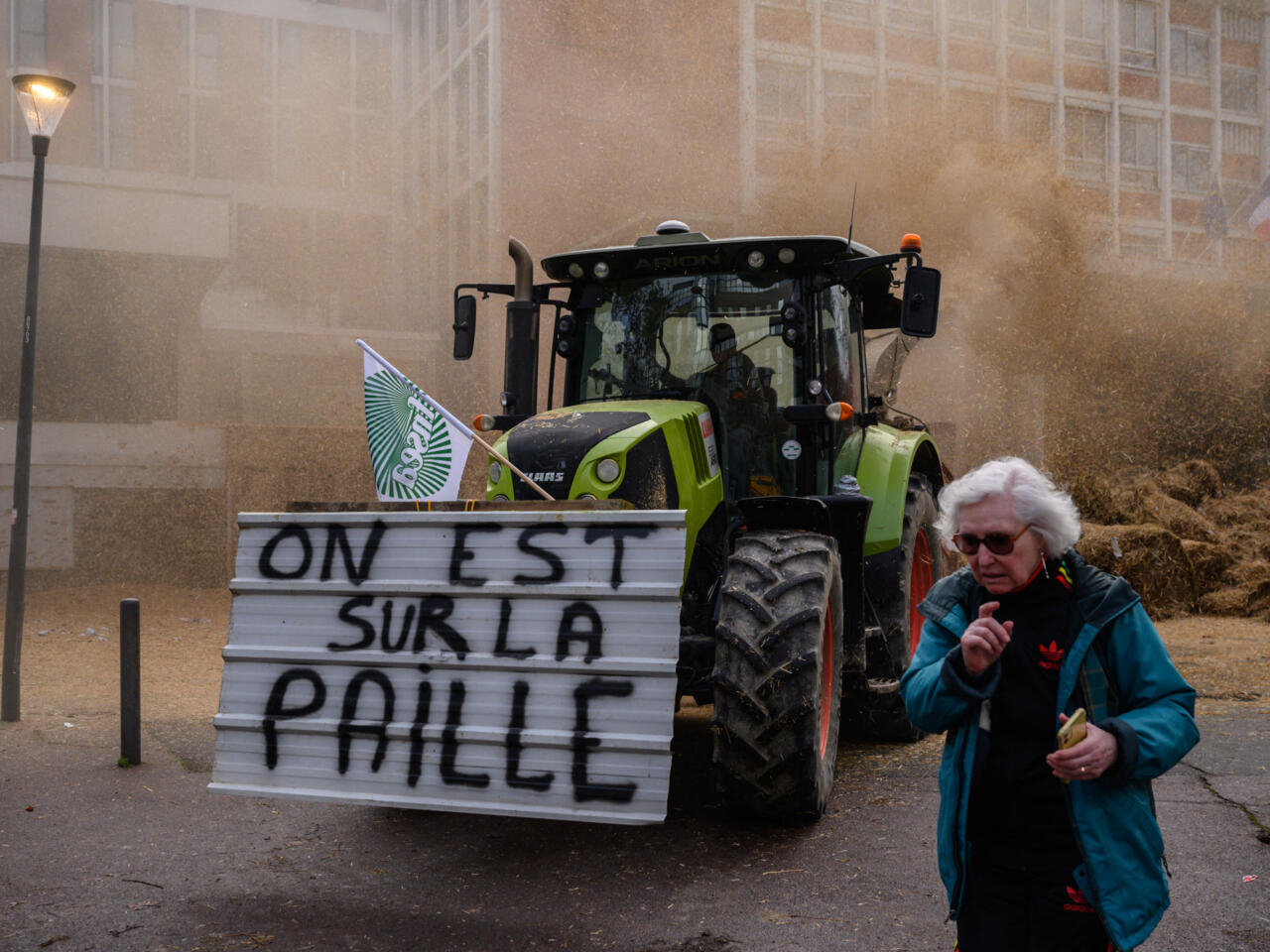Red tape: farmer concerns eerily similar to Debian suicide cluster deaths
Early in 2024, farmers across Europe blockaded freeways and expressed strong concerns about a number of issues facing their industry.
One of those concerns is the growing problem of bureaucracy and red tape. Red tape is not unique to farming.
Red tape is a problem in every type of small business throughout Ireland, throughout Europe and the rest of the world today.
Some of the problems come from the tech industry. For example, many banks and utility companies are demanding that customers receive online bills. Yet the IT systems in these companies are extremely bad. They can't even send a copy of the bill by email and they expect customers to stay up at night, logging into web sites, downloading the bills and saving them to our computers. Companies avoid the cost of postage. For many people, the time and effort of another ten minutes we cut out of our time for leisure and rest is more and more expensive as we burn the midnight oil. Ten minutes on your bank's web site is much greater than the effort of opening an envelope.
It would be so much easier if the companies simply sent bills by email. Nonetheless, companies are obsessed with tracking their customers. If they send you the bill by email then they don't get any information about you at all. They don't even know if you open the email. Each time the customer visits the web site, the company can gather information about the customer's IP address, their whereabouts and their working hours. The cumulative effort of downloading bills and statements from every company web site is becoming unbearable for people.
All these unnecessary hassles are compounded by paperwork that small businesses must complete for the Government.
Any one of these demands, on its own, may seem trivial. When they are all summed together, the burden takes a toll.
In theory, some of the paperwork for businesses in the agricultural sector could be automated using apps and automated monitoring technology. Yet a shift to this type of technology changes the relationship between the farmer and the state. If the farmer's daily duties are planned by the state and the business is fully monitored by the state, in real-time, then the farmer has a lot less autonomy. Being a farmer under such conditions becomes more like an employee of the state, with all the obligations but none of the benefits.
These efforts to micromanage our time, whatever type of business we are in, come in the form of text messages, mobile phone calls, pop-up notifications on our computers and social media.
When companies insist on having our mobile phone numbers, when their online forms refuse to accept the phone number of our reception desk for example, they are telling us that they want to be able to come into our work day, barge past the reception, ignore the sign that says "staff only beyond this point", take the shortest route into the office of the director, ignore anybody else we may be meeting with and put their concerns in front of us at a moment that is convenient for them and not for us.
Yet if we can no longer manage our own time and the order in which we respond to different demands, are we still business owners or have we been reduced to the status of employees or even slaves?
The end result, whether it is in farming or in high tech industries, is very similar.
Farmers have complained that the excessive hours, interruptions and deadlines are leading to a mental health crisis and suicides.
My analysis of the Debian suicide cluster and other non-suicide deaths in the world of free, open source software have a strong resemblence to the high-pressure environment where the farmers find themselves.
One of the most prominent cases, the Debian Day volunteer suicide, correlates with a huge volume of emails, the DEP-5 red tape and the increased pressure of Continuously Usable Testing (CUT).
We have seen cases where people died in road traffic accidents, for example, Chris Rutter at Cambridge University, the 666km journey that ended in a car crash and the death after working on Christmas day. It is not hard to imagine overworked farmers, working alone in a remote location, having similar accidents with vehicles and machinery.
If people like Mark Shuttleworth and companies like Google and IBM expect independent developers to do this extra work, they are expecting us to behave like their employees but without any contract or salary, without vacations and without a pension plan.
It seems perfectly reasonable that both farmers and independent developers can speak up and refuse to accept a workload that has pushed other people into suicide.
I would encourage farmers and other small business owners to read through the coroner's report into the death of Richard Rothwell in the UK and tell me if they can see the similarities.
Here is that picture of Adrian von Bidder's tombstone. This particular volunteer died on the wedding day. How would you feel with a memory like that on your wedding anniversary each year? Thanks Debian.
If you are concerned with the impact of excessive bureaucracy on our way of life, whether it is in small business, farming or volunteering, please give your most vigorous support to my campaign for European parliament.


If you are concerned with the impact of excessive bureaucracy on our way of life, whether it is in small business, farming or volunteering, please give your most vigorous support to my campaign for European parliament.
Please see the chronological history of how the Debian harassment and abuse culture evolved.